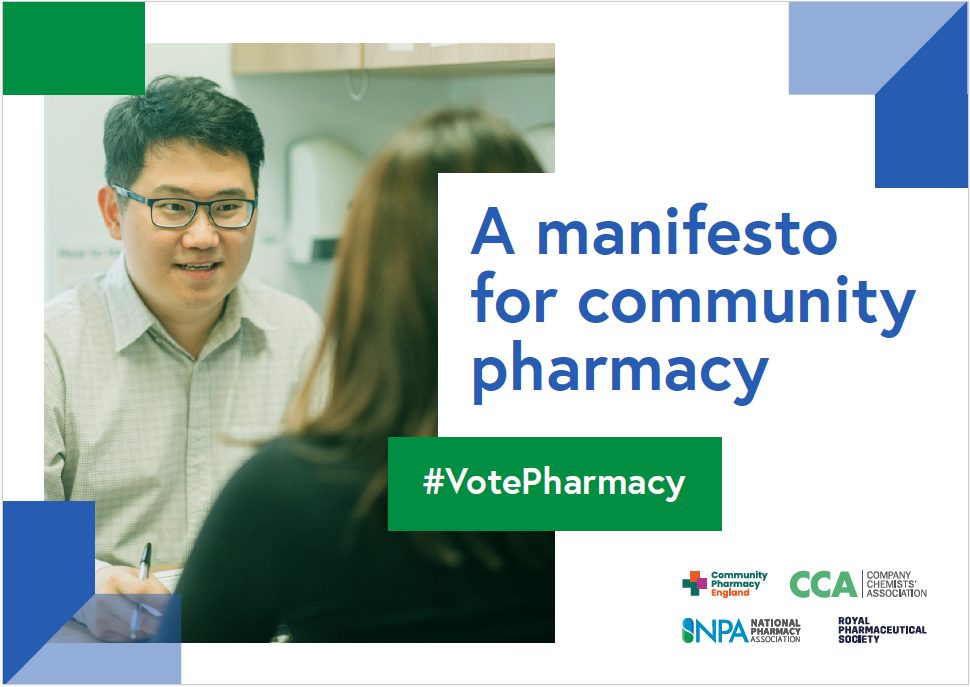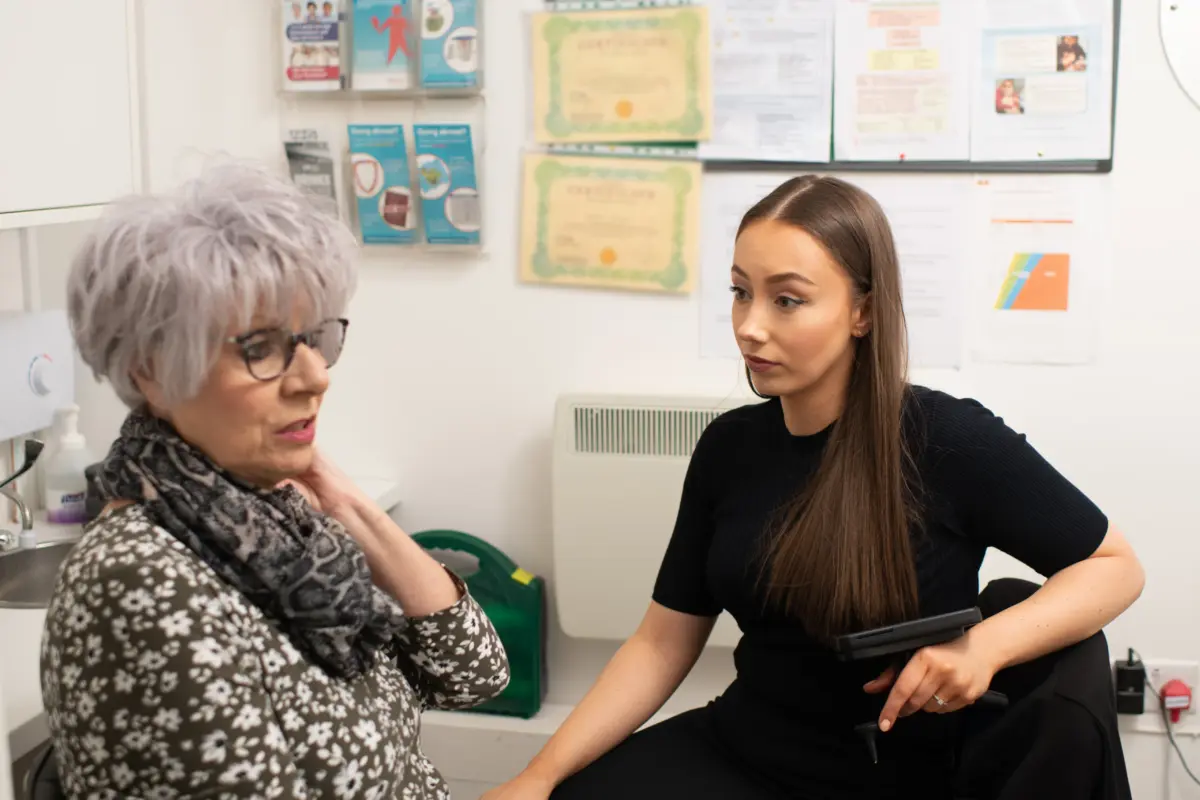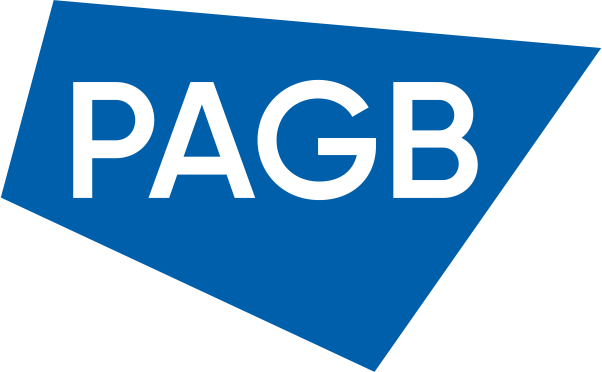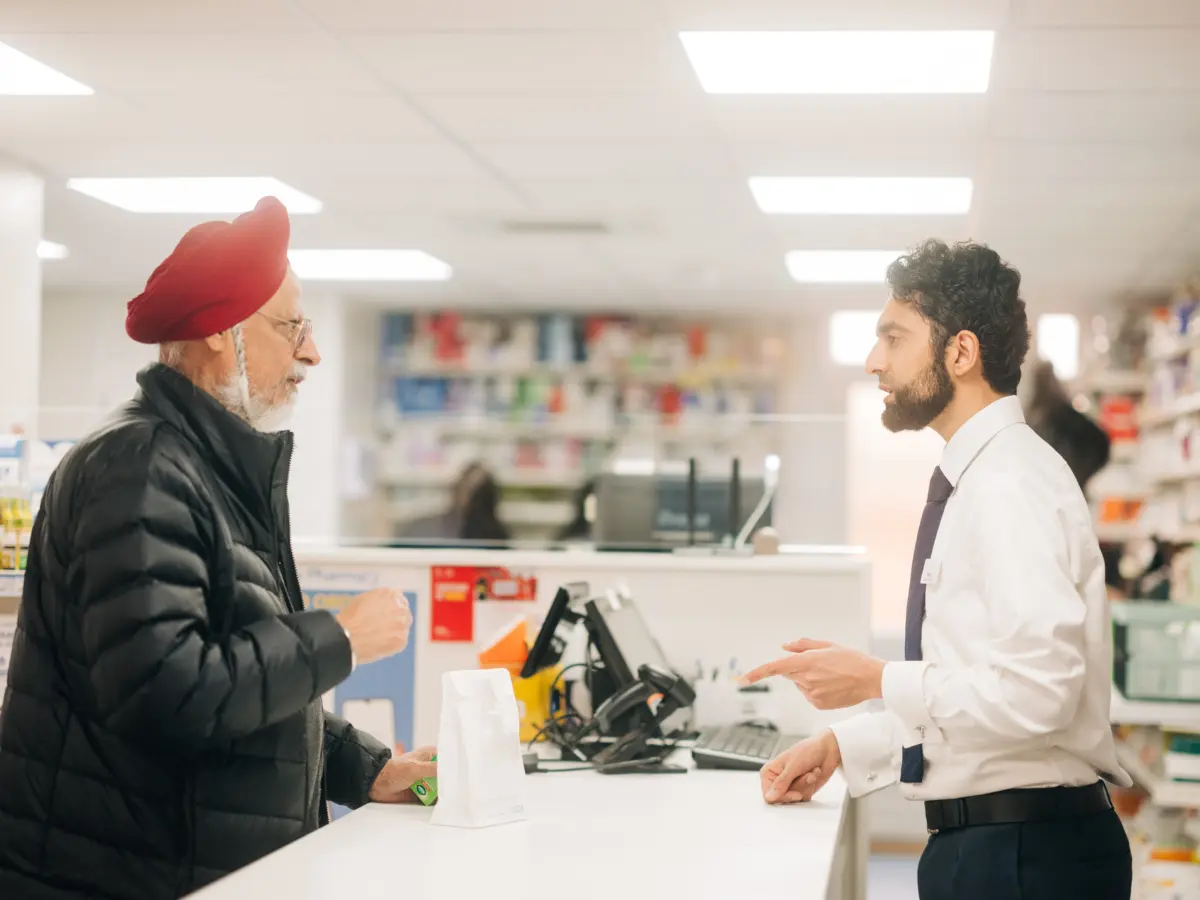Service case study: COPD service demonstrates optimised inhaler technique and improved health status in patients (March 2017)
Published on: 5th April 2017 | Updated on: 28th March 2022
Community pharmacy teams in West Yorkshire have been providing structured consultations for patients with chronic obstructive pulmonary disease (COPD) and an evaluation of the service published by Community Pharmacy West Yorkshire shows the vital role that community pharmacy teams have in COPD management.
The results of the evaluation show:
- a statistically significant reduction in mean COPD Assessment Test (CAT) score at 8-12 weeks post community pharmacy intervention;
- 26% of inhaler devices were being used unsatisfactorily when initially assessed, which dropped to 3.4% post-pharmacy intervention; and
- overall, the inhaler technique used by patients improved for 93.7% inhaler devices which were originally assessed as being used sub-optimally and was maintained for 76.9% inhaler devices at follow-up.
Who was the service aimed at?
The Enabling Patient Health Improvements though COPD (EPIC) Medicines Optimisation within Community Pharmacy service aimed to target high risk COPD patients in 14 practices over four months. The practices were chosen as they are geographically located in areas where COPD patients have high rates of hospital admissions and A&E attendances.
How were patients recruited to the service?
Patients were directly recruited to the service by pharmacy staff, either identified when a prescription for inhalers was presented or by searching through patient medication records. Letters were also sent by staff at the GP practices to eligible patients who were on their COPD register to encourage them to visit their community pharmacy for a consultation.
What did the service consist of?
The service consisted of patients receiving two consultations 8-12 weeks apart with a pharmacist or pharmacy technician. Initial and follow-up consultations included a baseline symptom assessment (using CAT/Medical Research Council scores); asking whether patients had been given their flu and pneumococcal vaccinations; assessment of inhaler technique and adherence; and providing lifestyle education and promoting self-care. All data was recorded on PharmOutcomes.
What did patients think?
Most patients had a positive experience of the service and learned more about their condition and treatment. The evaluation shows that 95.3% of patients felt they had a better understanding of COPD following the consultations, and 95.8% of patients felt they understood their different medicines following the consultations.
The evaluation highlights that a COPD consultation within a community pharmacy setting can improve COPD health status and optimise their inhaler technique as well as identify other interventions that may be needed. Additionally, it suggests that the input of community pharmacy professionals should be considered in COPD pathway redesign.
Information on this service and other respiratory services is available on the Community Pharmacy England Services Database.












